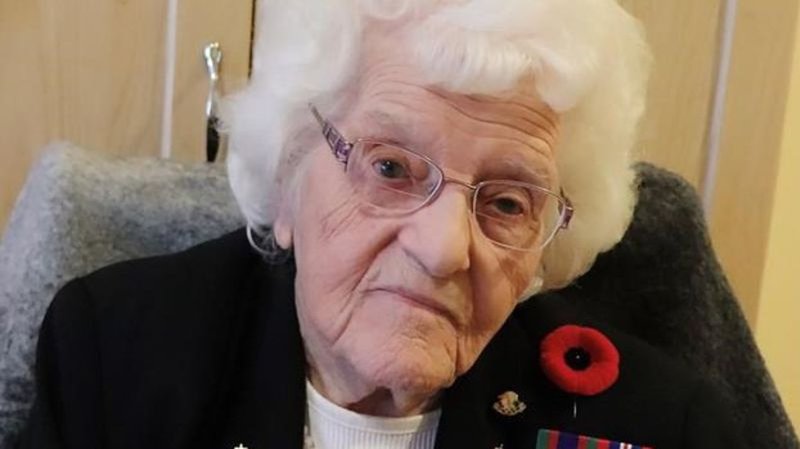
Canadian War Museum oral history project examines war’s aftermath
HALIFAX — The pride in Blanche Bennett’s voice was evident as she vividly recounted the day 80 years ago when she volunteered to serve in the Canadian Women’s Army Corps.
Bennett, who turns 100 on Nov. 12, was just 19 when she signed up in 1942 to become one of the nearly 46,000 women who served their country in the military during the Second World War. She said in a recent interview that she immediately went home and informed her surprised mother of her plan.
“She said, ‘Well, you’re not going,’ and I said, ‘Of course I’m going,’” Bennett recalled. “She said, ‘You can’t, they don’t have women in the army,’ and I said, ‘They do now. They got me.’”
Bennett, a native of Summerside, P.E.I., who now lives in a Charlottetown long-term care home, is one of about 120 veterans and family members who have been interviewed as part of an ongoing oral history project by the Canadian War Museum. The project is taking a unique approach by focusing not on wartime experiences but on what followed.


